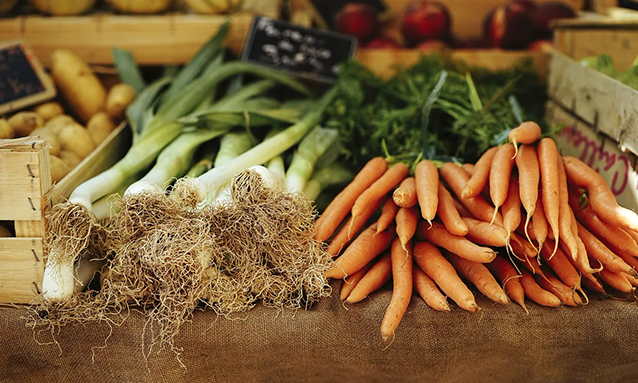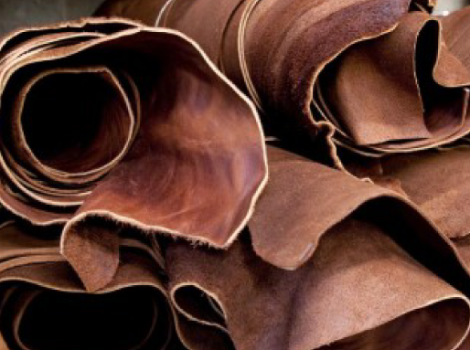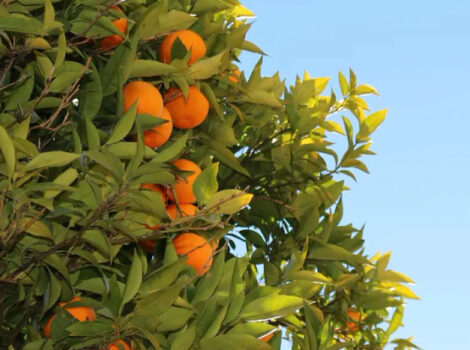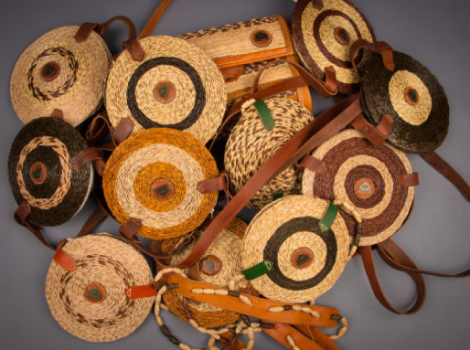
- Botswana’s long-term ban on vegetables from South Africa and other import nations is here to stay, the country’s minister for agriculture has said.
- The ban will be reviewed every other year, but this will only be to add more commodities to the ban list rather than to relax it.
- Some of the vegetables banned include tomatoes, garlic, onions, and cabbage.
- The country wants to drive up local production and reduce reliance on other countries for food.
Botswana’s government says it has no plans to lift its ban on vegetable imports, noting it plans to expand its list, which comprises 16 vegetables, over the next two years.The country’s minister for agriculture, Fidelis Molao, said the import ban, which kicked in on 1 January, is imperative to supporting farmers in Botswana and fostering agricultural independence, MmegiOnline, a Botswana-based independent news source reported this week.
Molao said Botswana’s P9.2 billion (R12 billion) yearly spend on food imports was a major concern for the nation and said that the country needed the policy to make it more self-sufficient and protect and support local farmers, Mmegi reported. When the long-term ban was announced in December 2021, the country planned to review it every two years. Molao said the ban would be reviewed only to expand the list of restricted vegetables and not to loosen it.
The country’s list of banned commodities includes tomatoes, carrots, beetroot, potatoes, cabbage, lettuce, garlic, onions, ginger, turmeric, chilli peppers, butternut, water melons, sweet peppers, green mealies, and fresh herbs.
The import restrictions on vegetables from South Africa and its other import countries would encourage local retailers to source vegetables from local farmers, Botswana’s minister for trade and industry said, a Farmers Weekly report says.
Botswana’s move is in line with its ambition to increase its horticultural competitiveness and boost vegetable production in the country. It would help it mitigate against climate change effects and ensure good agricultural practices, its ministry of agricultural development and food security said in a previous press statement.
“We have the land; we have the ability, but we don’t have the market. This is what the farmers are saying,” Molao said.
“We need, as a country, to get the foodstuff we need from our farms rather than relying on other countries. We need to link local communities to plant and plough to build our food independence,” he said.
Source: https://www.businessinsider.co.za/botswana-plans-to-expand-its-food-import-ban-list-2022-5



